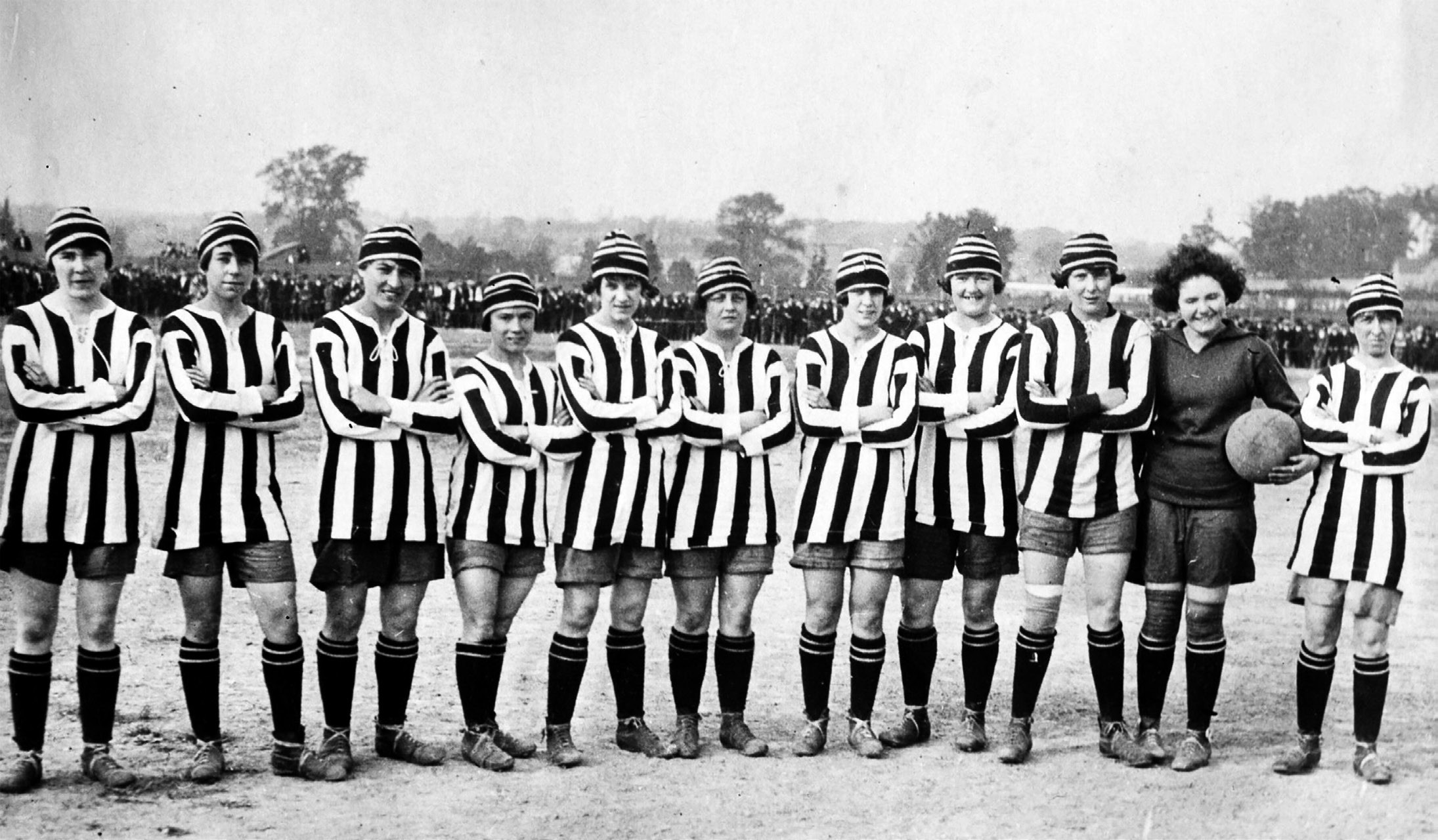
You may have noticed that over the summer of 2022 England finally won a major football tournament, its first since 1966. You may also have observed that, after 58 years of trying, it was England’s women who did the job. In front of a record crowd for any European Championship final, men’s or women’s, England wore down Germany after extra time to win 2–1. Around 17.4m watched the match on television, the biggest TV audience of the year for any live sporting event.
Cue an outpouring of joy expressed by all concerned, followed by a large public ovation for the victors in the centre of London. The debate then began about whether this victory might constitute something of a broader shift in the gender/sport couplet, perhaps a ‘turning point’ for women and sport in the UK. But, also, one with potentially wider repercussions, in terms of changing perceptions of gender and opening up new opportunities for women.
Your organisation does not have access to this article.
Sign up today to give your students the edge they need to achieve their best grades with subject expertise
Subscribe




